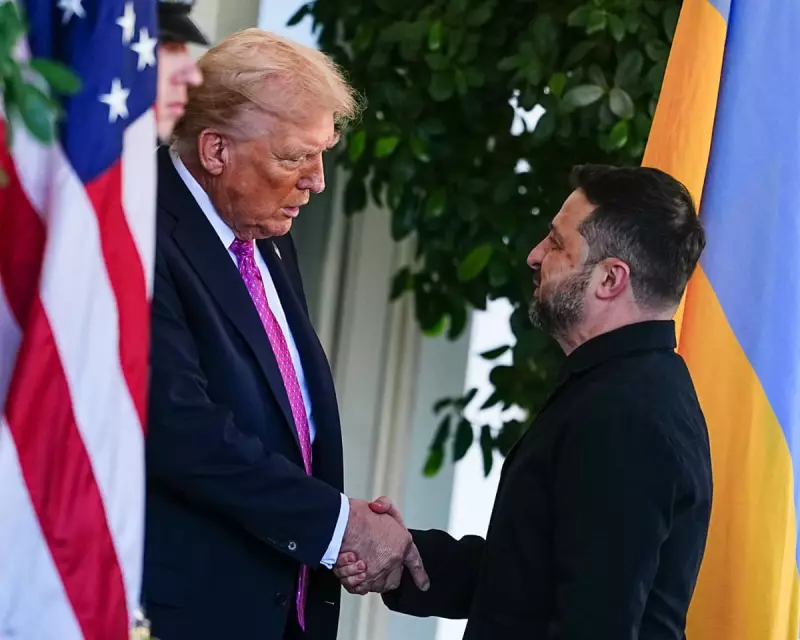
As Donald Trump prepares to reclaim the Oval Office, the world watches with bated breath to see if his self-proclaimed deal-making prowess can achieve what has eluded conventional diplomats for years: ending the devastating conflicts in Gaza and Ukraine.
The Unconventional Peacemaker Returns
The former president's approach to international conflict resolution has always defied traditional statecraft. Rather than relying on established diplomatic channels, Trump favours personal relationships with world leaders and bold, unpredictable moves that often leave allies and adversaries alike scrambling to keep up.
Gaza: A Different Kind of Pressure
In the Middle East, Trump's strategy appears to involve applying unprecedented pressure on Israel, despite his historically strong support for the Netanyahu government. This paradoxical approach suggests he may be willing to risk political capital to force a resolution that has remained stubbornly out of reach.
Meanwhile, his administration's stance toward Palestinian leadership remains characteristically ambiguous, leaving room for the kind of surprise manoeuvres that defined his first term.
Ukraine: The Art of the Deal Goes to War
The conflict in Ukraine presents perhaps the ultimate test of Trump's methodology. His repeated claims that he could negotiate a settlement within 24 hours have been met with both scepticism and cautious hope.
European leaders are particularly anxious about what a Trump-mediated peace might mean for regional security and the future of NATO. The potential for a settlement that favours Russian interests has allies from Berlin to Warsaw deeply concerned.
The Risks of Unconventional Diplomacy
Critics warn that Trump's approach could destabilise international norms and reward aggression. However, supporters argue that traditional diplomacy has clearly failed in both conflicts, making bold new thinking not just desirable but necessary.
The human cost of continued fighting adds urgency to the situation. With thousands of lives hanging in the balance in both regions, the stakes for Trump's peace efforts couldn't be higher.
What Success Would Mean
Should Trump succeed where others have failed, it would represent a seismic shift in international relations. It would validate his confrontational style and potentially rewrite the rules of global conflict resolution.
However, failure could exacerbate existing tensions and leave the United States with diminished influence on the world stage. The coming months will reveal whether Trump's brand of diplomatic disruption can deliver the peace that has proven so elusive.





